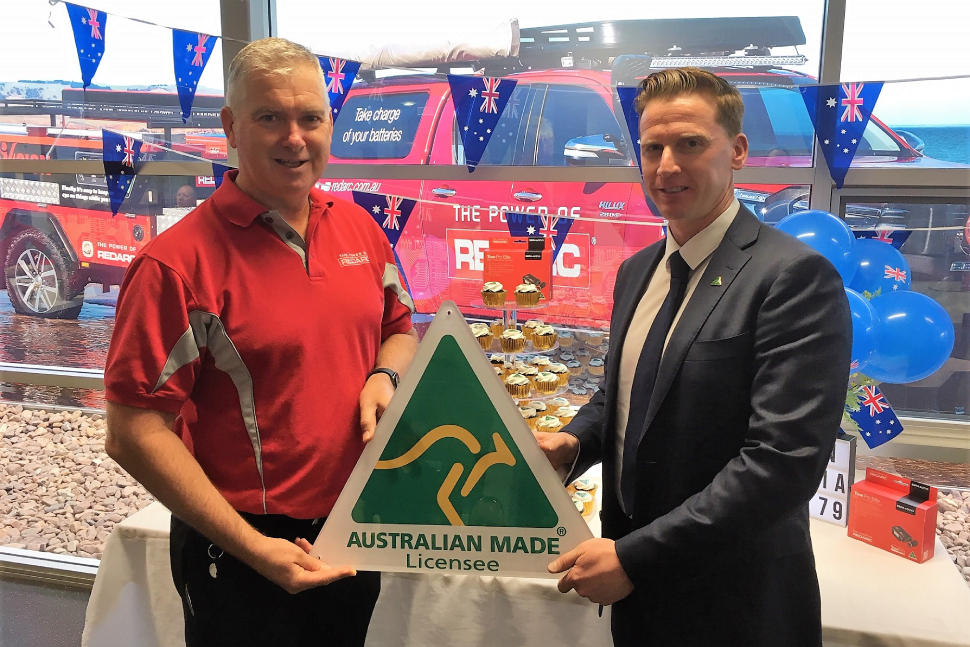Buy local’ policies to help Australian resurgence
- Written by Australian Made Campaign

The Australian Made Campaign (AMCL) is calling on Australia’s business community and all levels of government to adopt ‘buy Australian first’ procurement policies, to help fast-track the country’s resurgence as it plans its recovery from the impact of COVID-19. The Federal Government’s recent commitment to support an increase in the domestic manufacturing of critical products such as medical supplies is a good start, however there is more that can be done.
According to AMCL Chief Executive, Ben Lazzaro, a coordinated push to ‘buy local’ has the potential to play a big part in getting Australia back online.
“Australia’s economic landscape will be forever changed, however there is an opportunity for federal, state and local governments, as well as Australia’s business community, to take the lead and put policies in place that prioritise genuine Aussie products for major projects, supply contracts and everyday consumables,” he said. “Reinvesting in local industry and local jobs through sustainable purchasing policies will go a long way towards helping Australia bounce back.”
Research conducted by Roy Morgan Research in 2017 found that while three-quarters of businesses had a preference for buying Australian products, only 26% of those surveyed were found to have an official policy in place.
“The time is right to transition that preference into written policy,” said Mr Lazzaro. “It comes at a time when there is also increasing awareness of the high quality and safety standards Australian producers must meet, as well as demonstrable value for money over product lifecycles—important considerations for procurement professionals.”
Australia’s overreliance on imported products has been highlighted during the COVID-19 pandemic. “It’s time to address this imbalance,” said Mr Lazzaro. “Let’s take a long-term view and increase our level of manufacturing self-sufficiency. While there will always be a requirement for imports, it’s important we get the balance right between local and offshore manufacturing, to ensure Australia’s long-term prosperity.”
Australian manufacturers have already demonstrated their capacity to adapt and innovate during these challenging times, with many re-tooling to produce much-needed medical supplies and equipment.
“It’s important that we don’t neglect this enormously effective resource,” said Mr Lazzaro. “Australian manufacturers produce products made to some of the highest quality and safety standards in the world, while at the same time creating local economic activity and employment opportunities.”
In nearly every product category, there is an Australian option, from furniture, bedding and health products, through to building materials, industrial products and office consumables. “So let’s leverage this unique skill-set on our doorstep to help build our infrastructure, furnish our schools and new building developments, provide beds and health enhancements for our healthcare facilities, or to simply keep our offices stocked with everyday supplies from Australian makers,” said Mr Lazzaro.
For businesses seeking to identify potential Australian product suppliers, go to www.australianmade.com.au —the world’s largest online directory of genuine Australian Made products.
Mr Lazzaro said given the rise in demand for locally made and grown goods by consumers and businesses alike, it was important for producers to market their products with prominent country-of-origin branding.
To register to have your products certified as genuinely Australian, visit www.australianmade.com.au.













